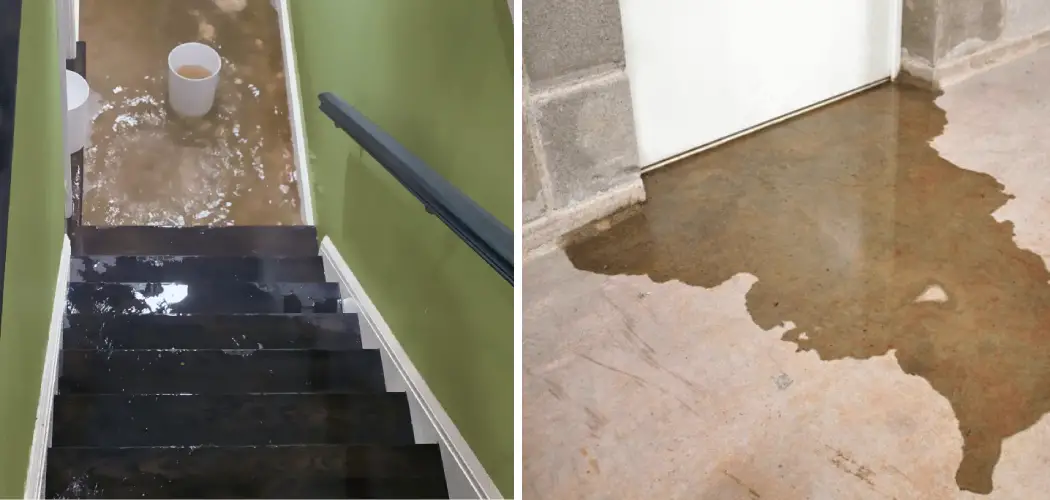Have you ever been hit with the sudden realization that rain is coming in your basement? Are you one of the many homeowners who dread rainy days, knowing that a flooded basement is likely? Whether it’s a heavy storm or light drizzle, it can be intimidating to deal with water turning what should be a dry area of your home into a damp and cold one.
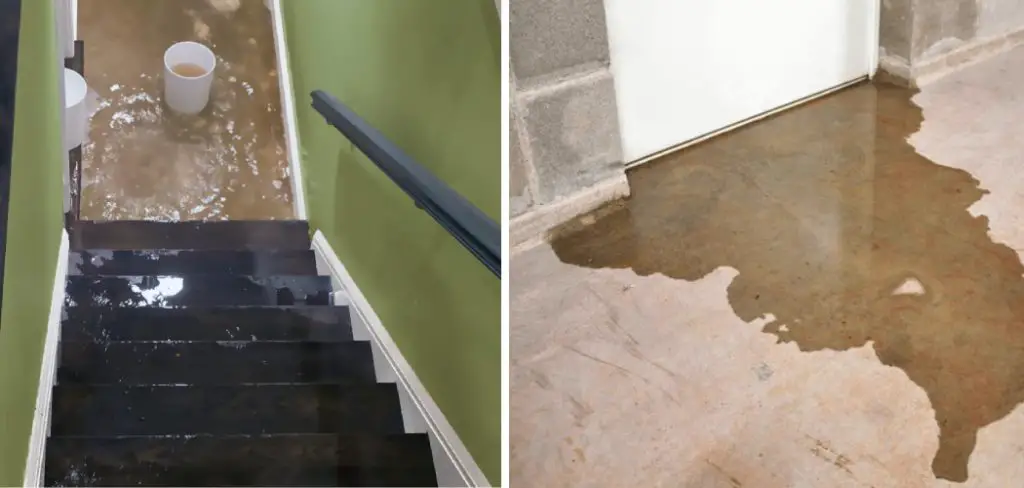
But don’t worry — there are several helpful tips and tricks on how to stop rain from coming in basement you can use to keep the rain from infiltrating your basement and ensure this area of your house stays protected. With just a few steps, you’ll have total peace of mind knowing that rainfall won’t lead to damage or leaking! Read on for more information about how to stop rain from coming into your basement.
Why Does Rain Come in Basement?
1. Water Leaks
It’s important to first understand why rain can come into your basement before you start implementing solutions to keep it from happening. In most cases, water leaks into basements due to hydrostatic pressure — when rainfall accumulates in the ground and creates a force of pressure that pushes against your walls and floors. Other times, groundwater seeping through cracks or openings can also make its way into your basement.
2. Poor Drainage
Poor drainage is another common cause of water coming into basements during times of heavy rainfall. Poorly designed drainage systems can lead to pooling water that builds up around the foundation of your home, leading to increased pressure and eventually seeping inside. Additionally, clogged gutters or downspouts that don’t effectively divert water away from your home can lead to the same situation.
Required Items for Stops Rain from Coming in Basement
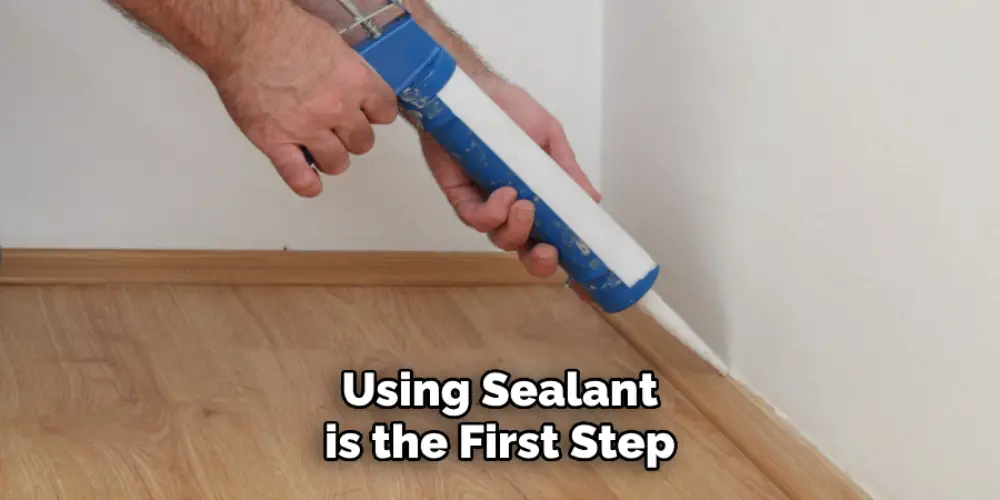
- Sealants- Using sealant is the first step to ensuring that your basement stays dry during and after a rainstorm.
- Drainage System Improvements- If your home has poor drainage, you should invest in improving your system.
- Foundation Crack Repair- If you notice any cracks or gaps in your basement walls or floors, it’s important to get them repaired as soon as possible.
- Exterior Waterproofing System- Installing an exterior waterproofing system can be a great way to protect your basement from rainfall and groundwater seepage.
- Sump pumps- For added protection, sump pumps can help remove any water that might make its way into your basement.
10 Steps on How to Stop Rain From Coming in Basement
Now that you understand why rain can come in basements let’s take a look at some steps you can take to protect your home against water damage and keep the rain out.
Step 1: Inspect for Leaks/Cracks
The first step of prevention is inspection — you’ll want to keep an eye out for any cracks or openings in your basement walls, floors, and other areas where water can seep through. You can use a flashlight to check these potential problem spots and fill any gaps with caulk or sealant as soon as you spot them.
Step 2: Improve Drainage
If you don’t have an effective drainage system, you should invest in improving it. Make sure your gutters and downspouts are clear of debris and are directing water away from the foundation of your home. You may also want to consider adding extensions to your downspouts or installing a French drain around the perimeter of your house.
Step 3: Add a Sump Pump
A sump pump is a great way to protect your basement from water buildup. When installed, these pumps can quickly detect any moisture and start pumping it away from your home before it can cause damage.
Step 4: Install an Exterior Waterproofing System
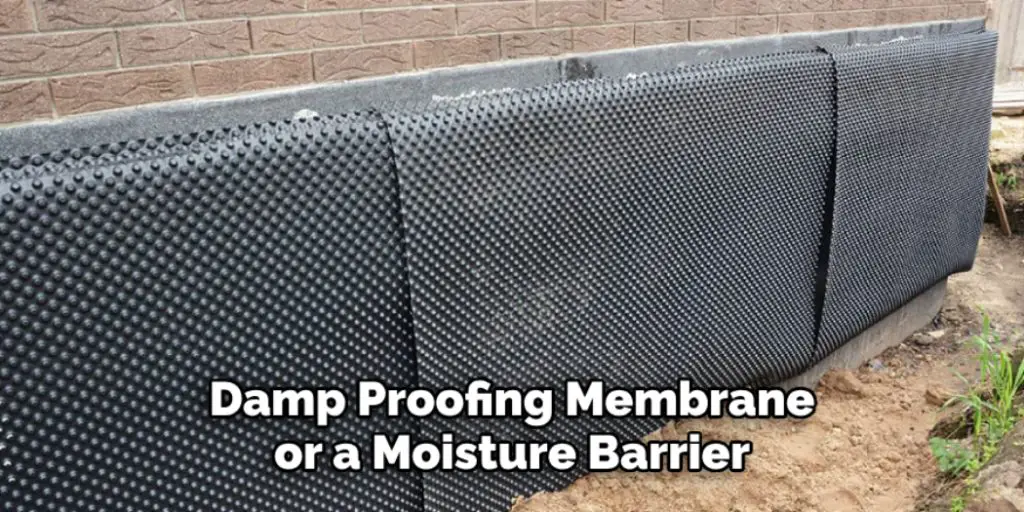
An exterior waterproofing system like a damp proofing membrane or a moisture barrier can be a great way to protect your basement from water seepage. These systems are designed to prevent water from entering your home and causing damage.
Step 5: Add Basement Window Wells
If you have windows in your basement, installing window wells is an effective way to keep out rainwater. Made of plastic or metal, window wells create a barrier around your windows that will help to divert water away from the house.
Step 6: Install Gutter Extensions
Adding gutter extensions can also be a great way to keep rainwater out of your basement. These extensions are designed to extend the length of your gutters, directing water away from the foundation of your home.
Step 7: Keep Doors and Windows Closed
During heavy rainstorms, make sure to keep all doors and windows in your basement closed to help prevent water from entering the house. Additionally, you should also check for any gaps around door frames or window frames and fill them with caulk or weatherstripping.
Step 8: Check Your Roof
If the rain is coming in from your roof, you should inspect it for any missing or broken shingles. These can lead to water seepage and should be repaired as soon as possible. You may also want to consider installing a roof drip edge or gutter guard around the perimeter of your roof to help divert water away from your home.
Step 9: Check Your Sump Pump System
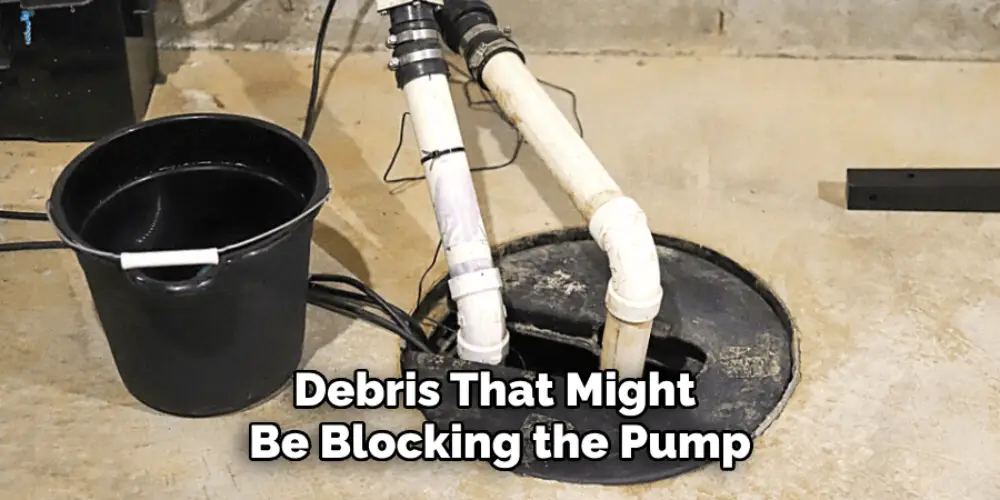
If you have a sump pump, make sure to check it regularly to ensure it’s in working order. Give the system a test run in dry conditions, and make sure to clear out any debris that might be blocking the pump or preventing it from functioning properly.
Step 10: Hire a Professional
Finally, if you want to make sure your basement stays dry and protected from the rain, it’s always best to hire a professional for help. A professional can inspect your home, identify any potential problem spots, and help you implement the most effective waterproofing solutions. They can also provide advice on waterproofing materials, drainage systems, and other tools that can help keep your basement dry.
By following these steps, you can more effectively protect your home from rain damage and keep water out of your basement. Investing in the right waterproofing solutions now can save you a lot of money down the line and give you peace of mind knowing your house is protected.
8 Tips for Protecting Your Basement From Rain Damage
Although taking the steps above can help protect your home from rain damage, there are also some other measures you can take to make sure your basement is safe and dry all year round. Here are a few tips for keeping the rain out:

- Make sure your gutters are free of debris and that they’re directing water away from your home. Otherwise, the water may pool around your foundation and eventually seep in.
- Check for signs of damage to your roof or siding — these can indicate that water is entering your home. Checking your home for these signs and sealing any openings can help prevent water from entering your basement.
- Keep an eye on the ground around the foundation of your house — if it begins to pool or become saturated, it could be a sign that you need to improve drainage or waterproofing measures in your home.
- Install adequate waterproofing around your basement windows and door frames — seal any gaps with a quality caulk or weatherstripping to stop water from coming in.
- Make sure your sump pumps are working properly and free of debris, so they can more effectively prevent water buildup in your basement. Making sure they have a reliable power source is also important.
- If you do have any water seepage, make sure to address the problem quickly — otherwise, it could cause further damage or even become a breeding ground for mold and other harmful bacteria.
- Make sure your home has adequate air circulation, this will help keep moisture levels down and prevent water from entering your basement. Making sure there are no leaks in your home’s plumbing and checking for signs of water damage can also help.
- Finally, always make sure to check your basement regularly for signs of moisture or water seepage — and take action as soon as you spot any potential problems.
By following these tips, you can better protect your basement from rain damage and keep your home safe and dry. Investing in quality waterproofing materials, improving drainage systems, and regularly checking for signs of water seepage can all help you avoid costly damages in the future.
Conclusion
In conclusion, you don’t have to live with rainwater in your basement. There are several inexpensive and easy measures you can take to reduce the water coming through your windows and doors. To prevent further water damage, it’s best if you follow all of these steps as soon as you can. By following these simple steps on how to stop rain from coming in basement, you can ensure that your basement is safe from flooding and water damage caused by heavy rainfall.
Furthermore, checking for cracks on a regular basis will help make sure that any minor issues get caught before they become larger problems. Regardless of how much money you have to spend, there are plenty of ways to keep rainwater out of your basement and avoid any potential long-term damage.

